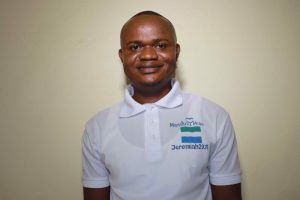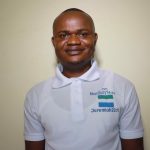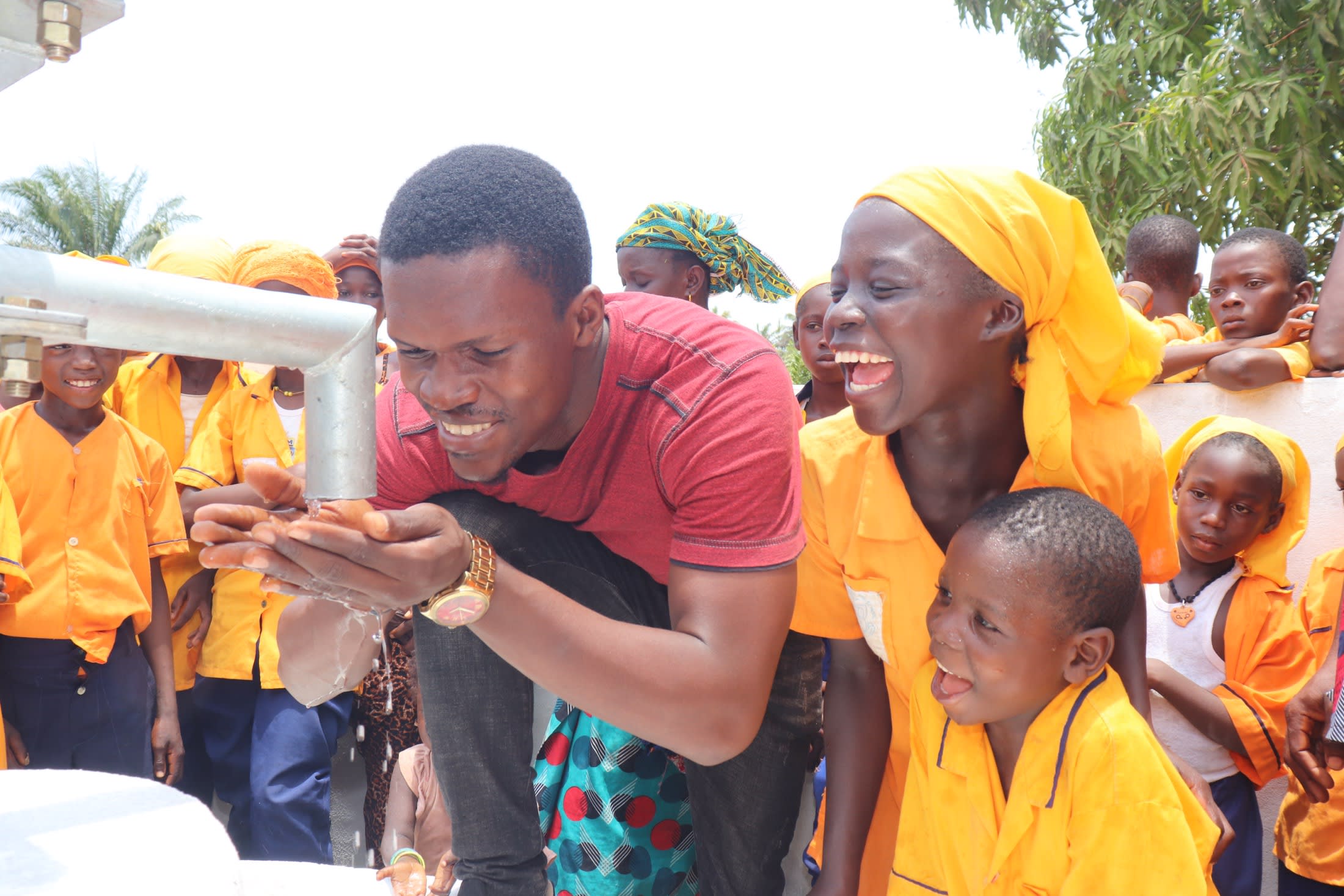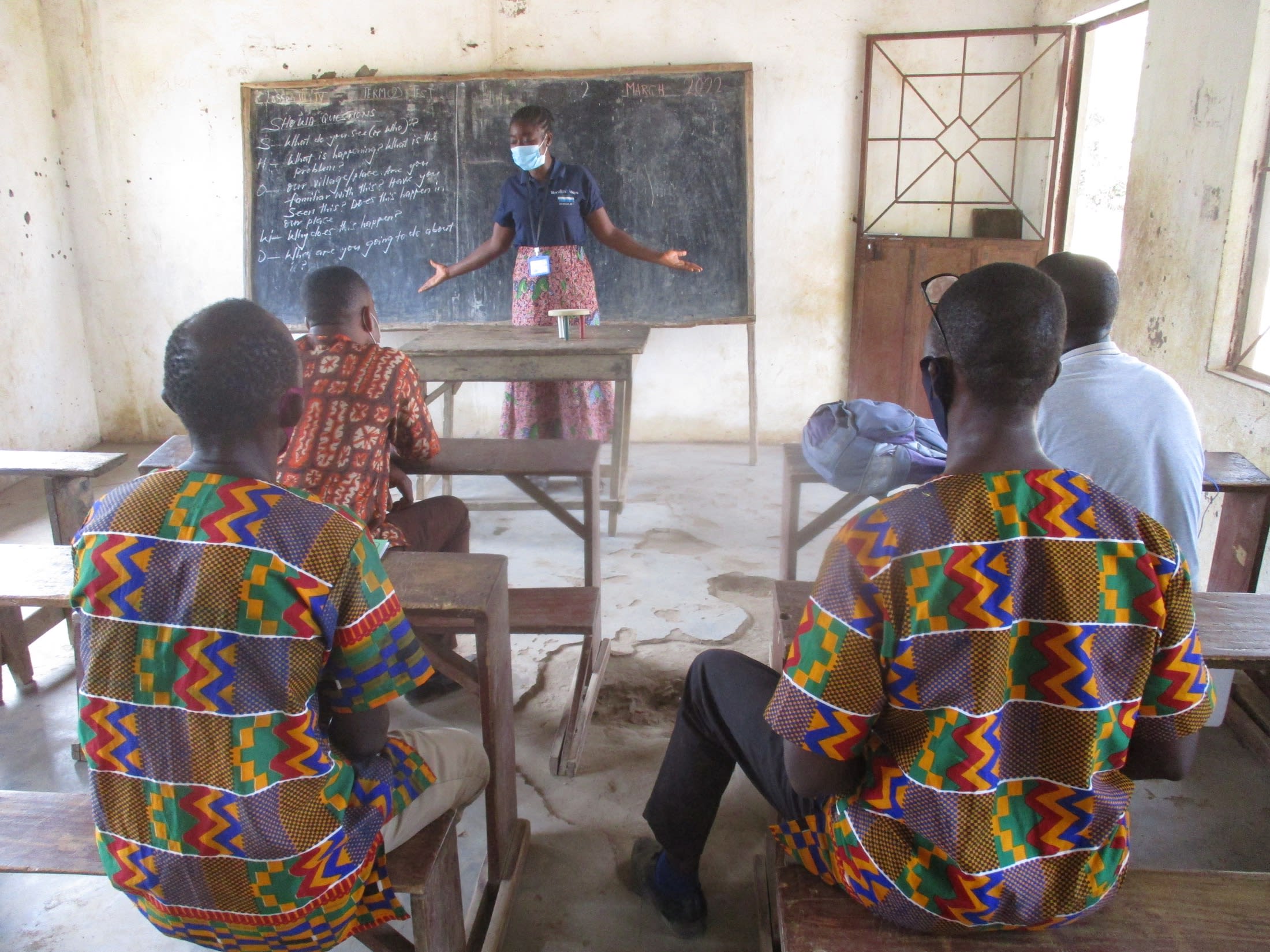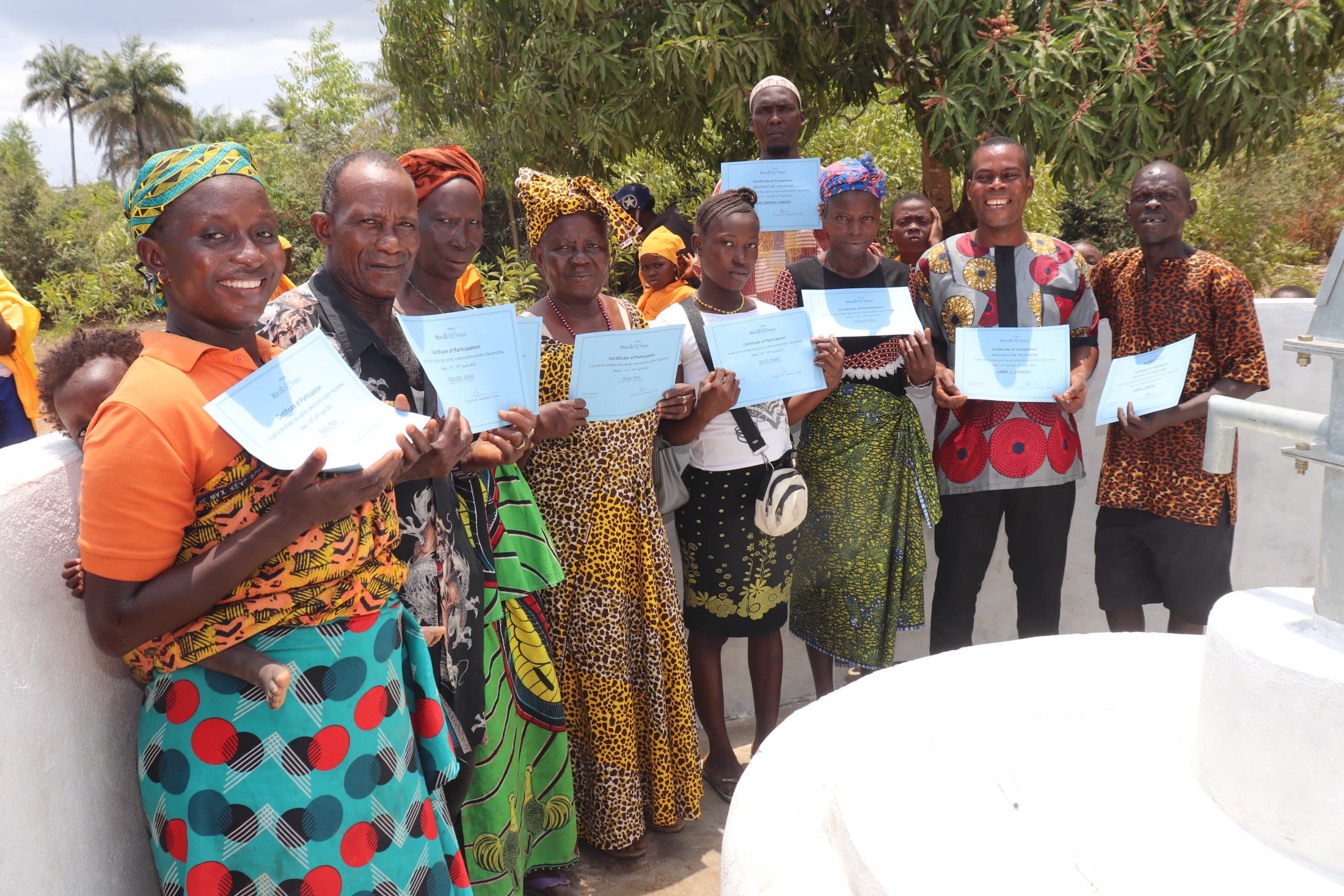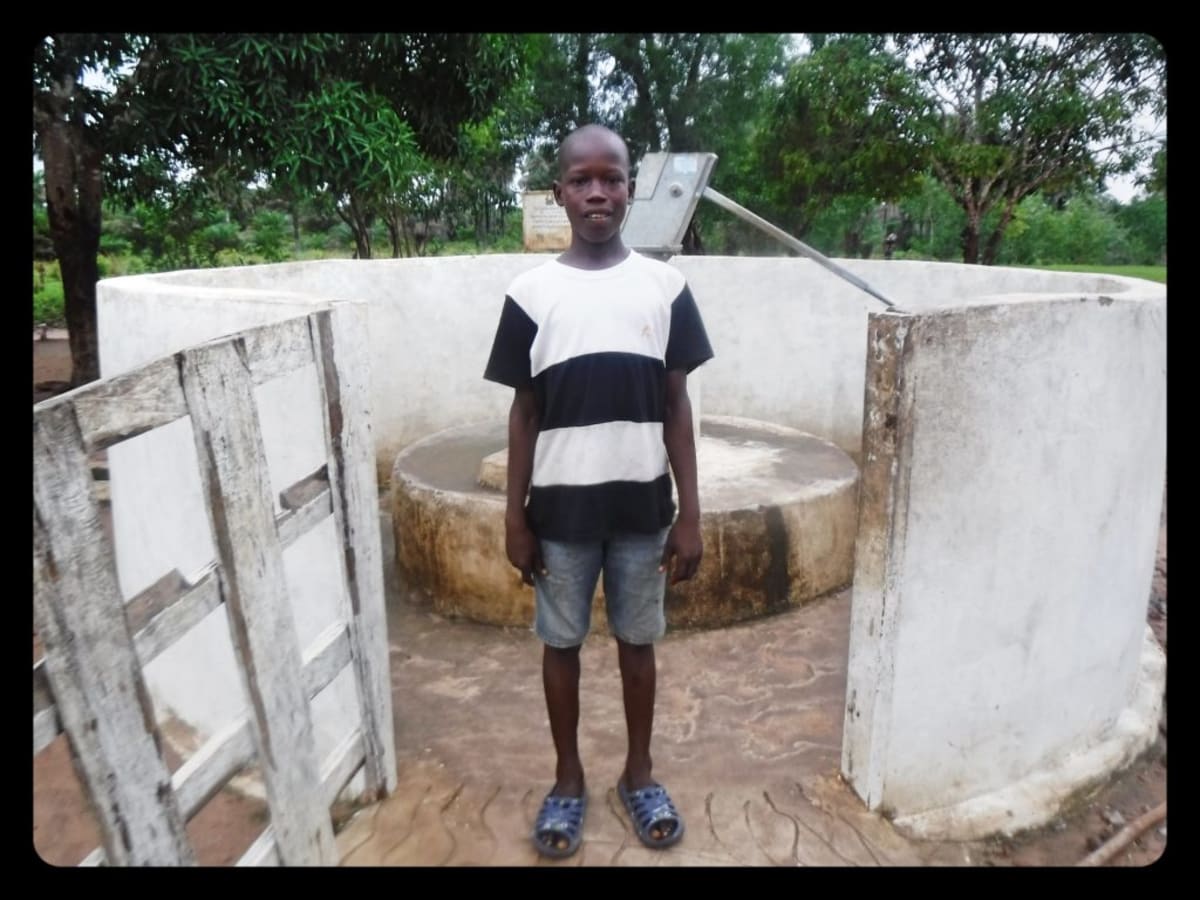Kankalay Islamic Primary School was founded in 1994 during the civil war when Malap and other nearby communities lacked an educational facility, so their children were not attending school. Since then, it has grown to 250 students (130 boys and 120 girls) and four teachers.
Every day, students and staff face the challenge of supplying their drinking water which is difficult because there is no functioning water point on the school's campus. Students and teachers walk to collect water from a hand-dug open water hole in the community swamp throughout the day.
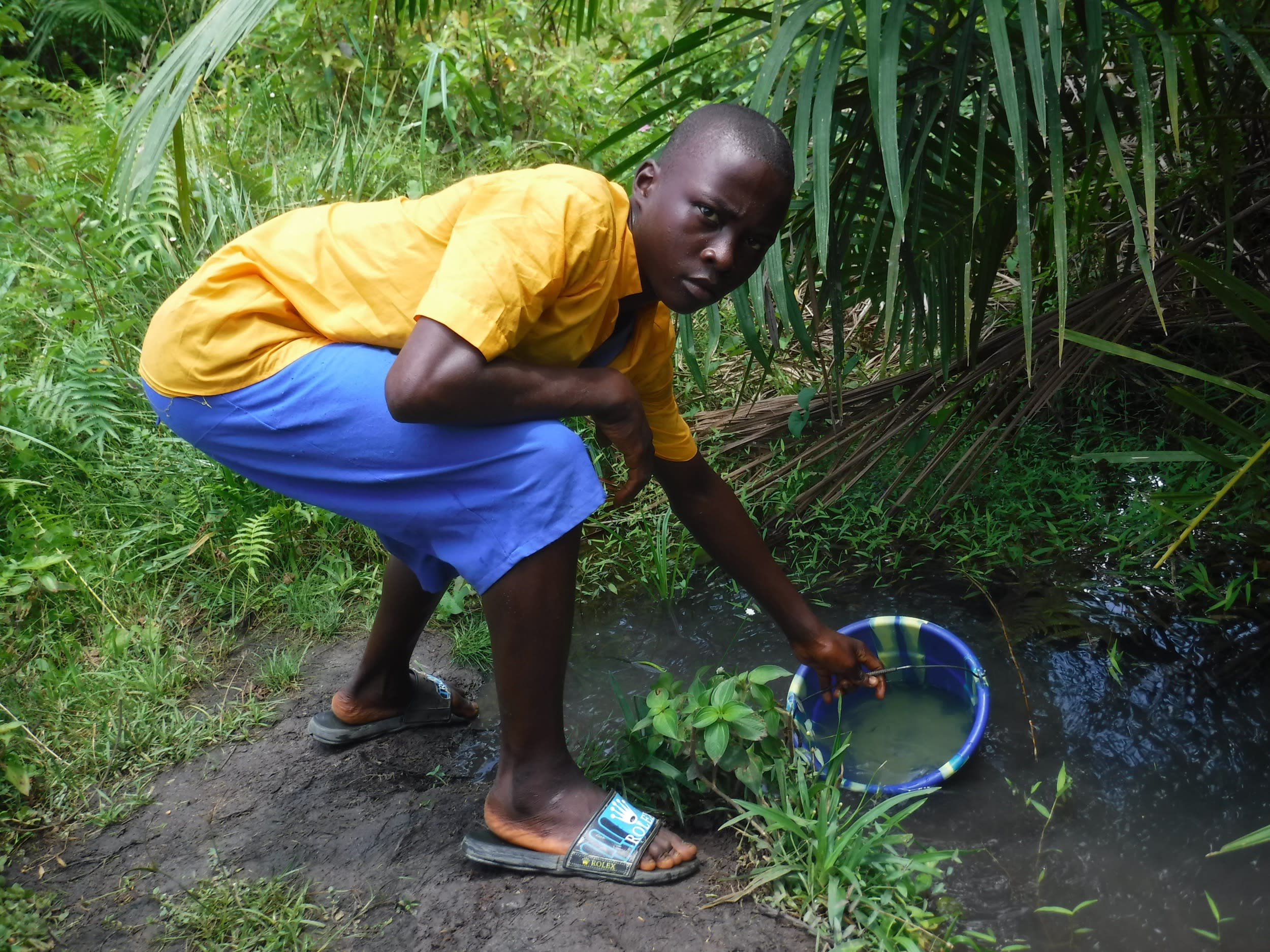
The water source has animals drinking and defecating near it. Trash, tree branches, leaves, and dirt run into it, causing it to be cloudy and contaminated. Children often complain about feeling sick and having diarrhea, leading to a high rate of absenteeism.
Students are sent to fetch water during school hours but are resistant to going because of the distance and dangerous road they must travel to get there.
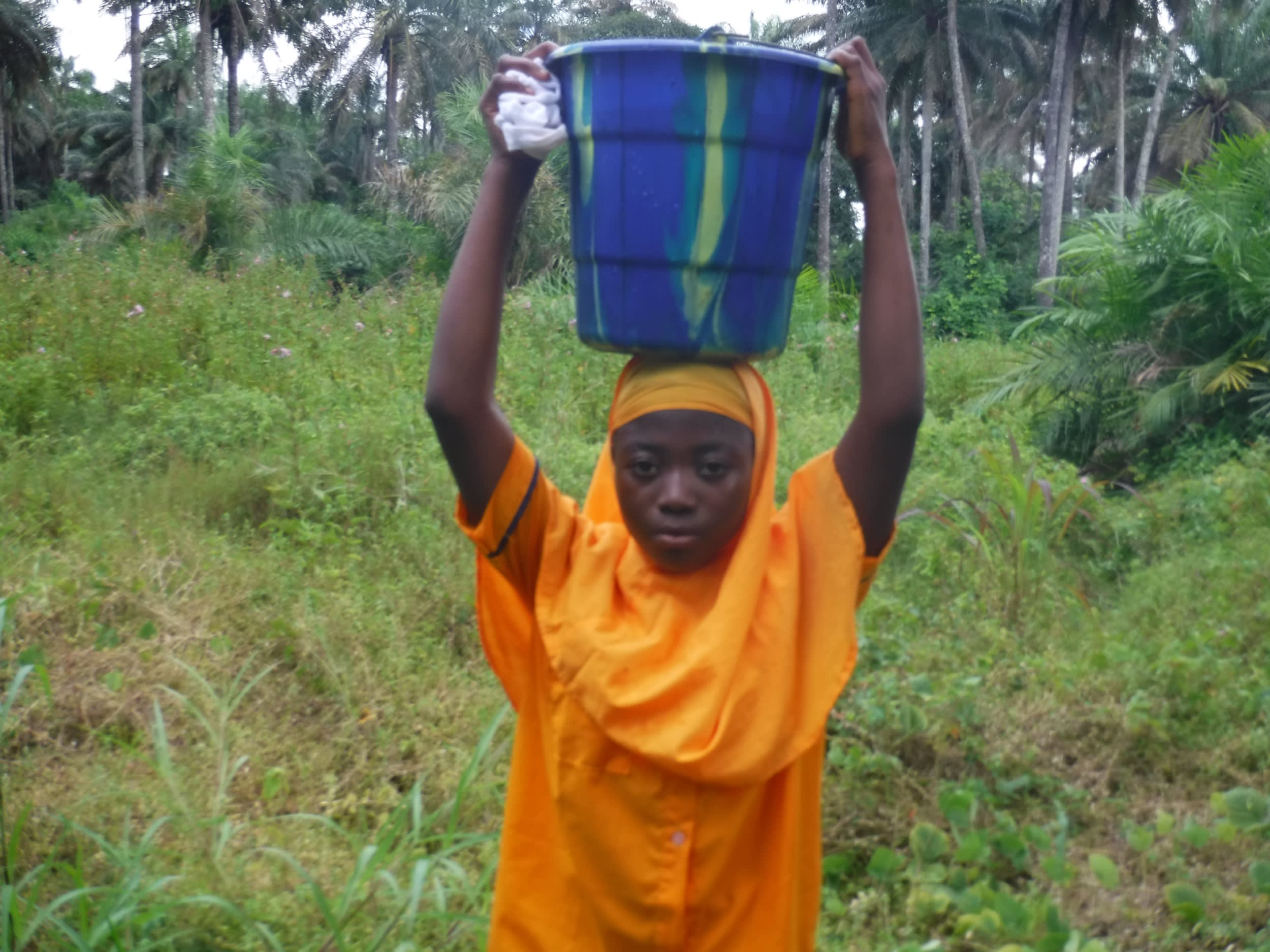
Fatama, a 12-year-old student at the school, shared her frustrations with the lack of water at the school. "It is not easy to get water at the school to drink. The school pump is not providing water for us. In the morning, we walk to the swamp to fetch water for the school. I also bring water to school every day in a plastic bottle. I share it with my friends during lunch after we have eaten. If I could not keep it from the sight of them, they would drink [it] all."
Fatama also mentioned how the boys use the opportunity to take advantage of the girls to have water. "The little water we fetch from the swamp is not enough for the whole school. The boys in this school always fight us for water. They go after us during lunch to forcefully take water from us. We always complain about them to the teachers."
Even the teachers must leave throughout the day in search of water. But with only four teachers for the 250 students, classrooms are left unattended, and students are not learning when they should be.
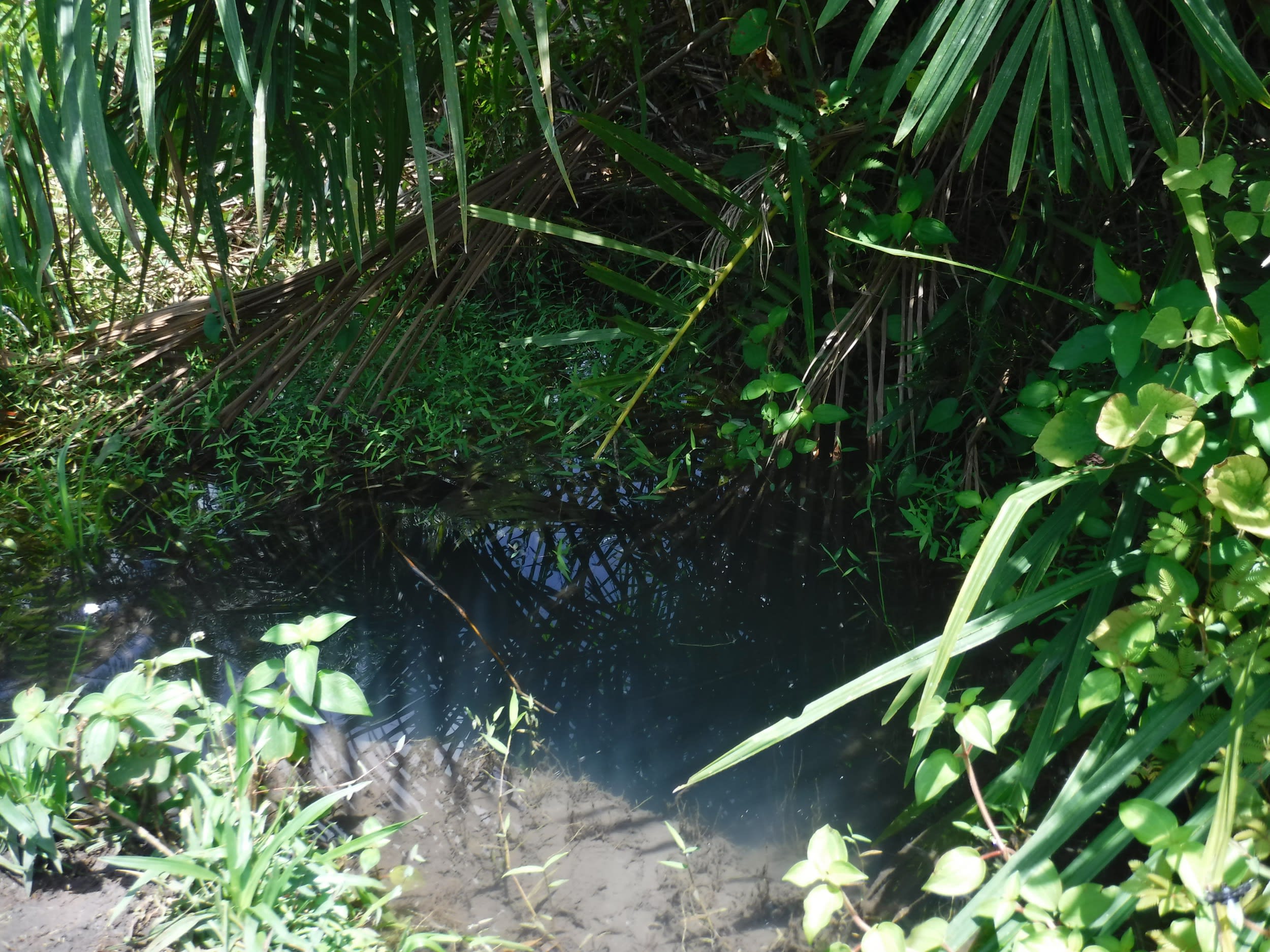
Teacher Abu Bakarr Kamara, age 41, commented, "Presently, the school pump is not working. We have tried our best to fix it, but our efforts did not bring a good outcome. The only choice the school is having for water is the well at the swamp. It is very risky and hard to take children from school to fetch water at that source. This is causing a lot of worry on me because I always have complaints from students about water."
He went on to explain that students are becoming disruptive and challenging to manage due to the ongoing water issues. "They fight amongst themselves, skip classes, and later report that they went in search of water. I found it hard to always control them. This is making my job difficult every day."
The school has a protected dug well with a hand pump on the property, but it has not worked for the last two years. The school has tried its best to contact the organization that made the well and sought engineers to solve the problem, but they have been unwilling to help and unable to fix it, so the school continues without a safe water source. Even before its breakdown, the well could not provide enough water for the school throughout the entire year. During the dry season, the well would dry up, and there was no water available.
A new well for this school will enable students to return to learning and mean they do not have to fight for clean water to drink every day.
Here’s what we’re going to do about it:
Well Rehabilitation
The well marked for this overhaul is dry for a few months every year and needs major work to supply adequate, clean water to the community year round. The pump will be removed, and a hand auger will be lowered inside and powered by a drill team. This hand auger will allow the team to drill several meters deeper to hit a sufficient water column that will ensure the well supplies water throughout all seasons.
As the team drills, casing will be installed, transforming the bottom of this hand-dug well into a borehole. PVC piping will connect this lower system directly to the pump, a construction that we know will also improve the quality of water.
Once this plan is implemented, everyone within the community will have access to safe drinking water in both quality and quantity, even through the dry months.
Hygiene and Sanitation Training
There will be hygiene and sanitation training sessions offered for three days in a row.
After our visit, the hygiene and sanitation trainer decided it would be best to teach community members how to build a tippy tap (a hand-washing station built with a jerrycan, string, and sticks). They will use these tippy taps for handwashing demonstrations, and will also teach about other tools like dish racks and the importance of properly penning in animals.
These trainings will also strengthen the water user committee that manages and maintains this well. They enforce proper behavior and report to us whenever they need our help solving a serious problem, like a pump breakdown.

 Borehole Well and Hand Pump
Borehole Well and Hand Pump









